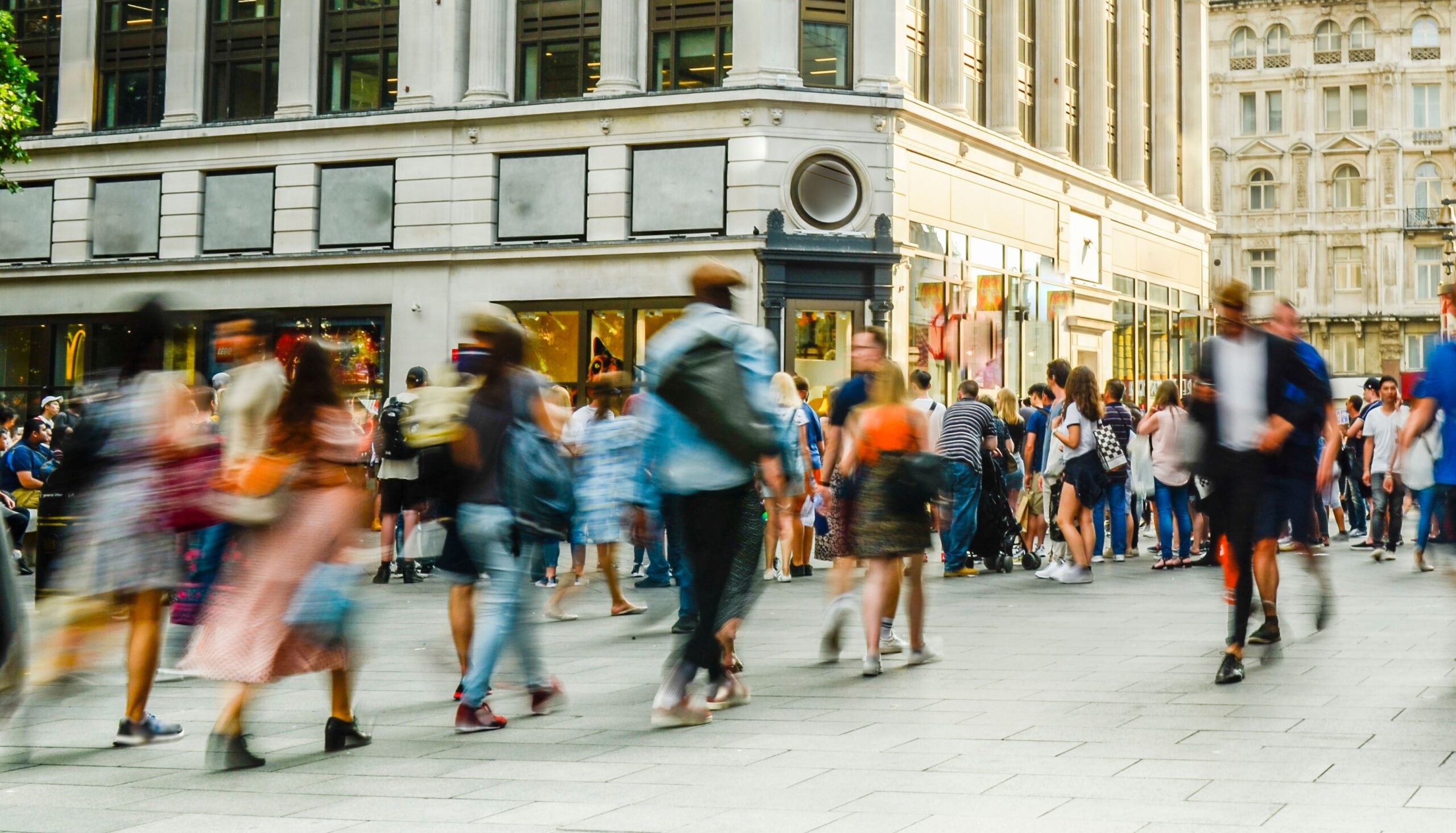
British shop price inflation picked up this month to reach its highest rate since industry records began in 2005, although growth in food prices cooled slightly, a survey showed on Tuesday.
The British Retail Consortium said prices in supermarkets and retail chains rose 9.0 percent in the year to May, after an 8.8 percent increase in April.
Food price inflation, as measured by the BRC slowed, however, to 15.4 percent from 15.7 percent.
“While overall shop price inflation rose slightly in May, households will welcome food inflation beginning to fall,” said BRC chief executive Helen Dickinson. “The slow in (food) inflation was largely driven by lower energy and commodity costs starting to filter through to lower prices of some staples including butter, milk, fruit and fish,” she added.
The figures follow official data last week that showed annual consumer price inflation — which includes services and non-shop goods like energy — slowed in April, but by less than expected, to 8.7 percent from 10.1 percent.
Official food price inflation, which earlier this year rose to its highest rate since 1977, slowed only marginally to 19.1 percent from 19.2 percent.
“While there is reason to believe that food inflation might be peaking, it is vital that government does not hamper this early progress by piling more costs onto retailers and forcing up the cost of goods even further,” Dickinson said.
“The biggest risk comes from policies such as the incoming border checks and reforms to packaging recycling fees.”
The BRC data was based on prices collected between May 1 and May 7.
By Andy Bruce; Editor David Milliken
Learn more:
UK Shoppers Boost Spending Despite Inflation
British consumers picked up the pace of their spending last month, and sales volumes over the three months to April grew by the most since mid-2021, according to official data that suggested limited impact from the surge in inflation.



